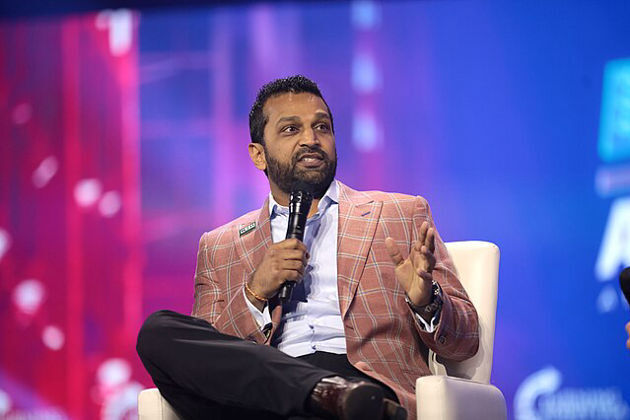Move FM Australian News

FBI chief’s replica pistols ruled illegal in New Zealand and destroyed
Oct 3, 2025WELLINGTON, New Zealand: During a July visit to New Zealand, FBI Director Kash Patel gifted local security chiefs replica pistols that turned out to be illegal under the country’s strict gun laws, forcing police to destroy them, officials confirmed to The Associated Press.
The plastic, 3D-printed pistols were part of ornamental display stands Patel presented to at least five top figures in New Zealand’s law enforcement and intelligence community. Patel, the highest-ranking Trump administration official to visit the country so far, had traveled to Wellington to formally open the FBI’s first standalone office in New Zealand.
Under New Zealand law, pistols are tightly controlled weapons, requiring a special permit beyond a regular firearms license. Even though Patel’s gifts were described as inoperable replicas, regulators judged the 3D-printed models to be potentially modifiable into working firearms. As such, they were classified as restricted weapons and destroyed. Police Commissioner Richard Chambers confirmed the action in a statement, saying the decision was taken “to ensure compliance with firearms laws.”
Chambers, along with Andrew Hampton, director-general of the New Zealand Security Intelligence Service (NZSIS), and Andrew Clark, head of the Government Communications Security Bureau (GCSB), acknowledged receiving the pistols on July 31. Two Cabinet ministers—Police Minister Mark Mitchell and Defence and Intelligence Minister Judith Collins—also confirmed they had been presented with the gifts.
Officials said the pistols formed part of “challenge coin display stands” and sought advice from firearms regulators the next day, once questions arose about their legality. Typically, weapons deemed inoperable must have permanent modifications to their firing mechanisms; however, authorities determined these models did not meet that threshold.
The decision to destroy the replicas has drawn mixed reactions. James Davidson, a former FBI agent who now leads the FBI Integrity Project, said Patel’s gesture appeared genuine and criticized the response as “an overreaction,” arguing regulators could have ensured the replicas were permanently disabled.
New Zealand has some of the world’s tightest gun laws, strengthened after the 2019 Christchurch mosque massacre in which a white supremacist gunman murdered 51 Muslim worshippers. Semiautomatic rifles were outlawed after the attack, but pistols and other restricted weapons still require special licensing. Unlike in the United States, gun ownership in New Zealand is treated as a privilege rather than a right. Firearms remain common in rural areas for pest control, but violent gun crime is rare, and frontline police officers are typically unarmed while on patrol.
Patel’s visit was already notable because the FBI’s new Wellington office had been opened quietly, without public announcement, until after the fact. The office will bring FBI operations in line with other “Five Eyes” intelligence-sharing partners—Australia, Canada, the United Kingdom, and the United States—after previously being overseen from Canberra.
However, Patel sparked diplomatic unease when he suggested the expanded FBI presence was intended to counter China’s influence in the South Pacific. New Zealand officials downplayed the claim, saying the office would primarily focus on combating child exploitation and drug trafficking. Beijing, in turn, condemned the remarks.
Public records show Patel met with more than a dozen senior officials and Cabinet ministers during his trip. It remains unclear how many ultimately received the contentious replica pistols.


